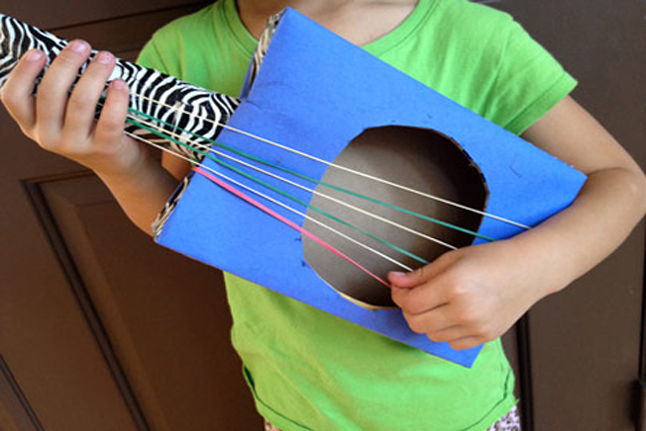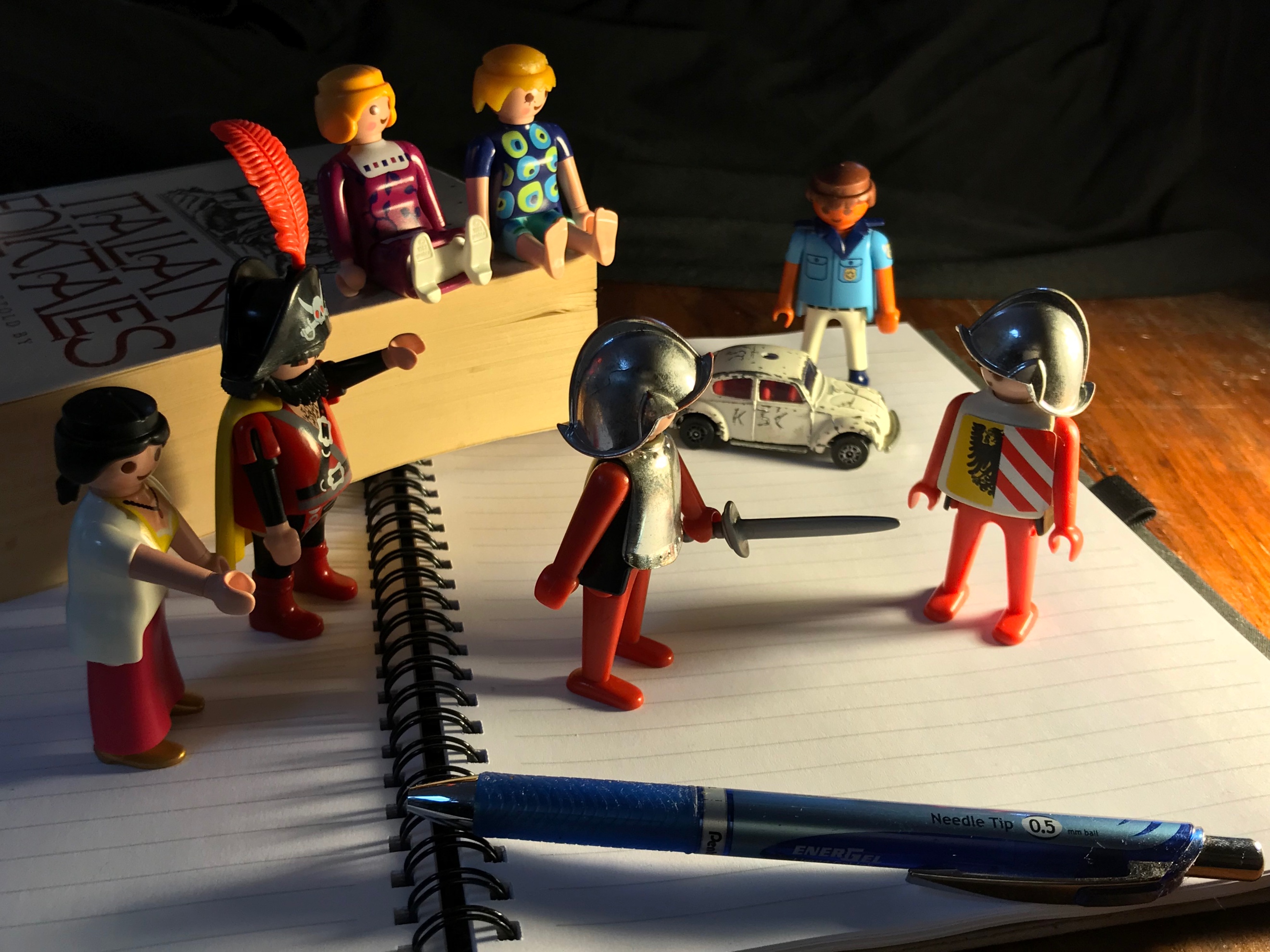Project Description:
The Art Hive award allowed Ingrid to run an 8 session pilot project for a drop-in music hive for children and youth at Native Montreal over the fall and winter of 2018. This project aimed to assess the potential for a music hive in this setting, focussing on objectives such as community building/reinforcement, self-expression, stress relief, emotional development and musical awareness. The hive, founded on an anti-oppressive framework, was broadly intended as a complement to existing community cultural programming at Native Montreal and to provide respite for employees and caregivers on Saturdays. The hive consisted of weekly Saturday sessions, with an early group for children aged 6-12 and a later group for youth aged 13-19, both lasting 1.5 hours. The total attendance number over the program was 37, with about 5 participants coming back regularly. The sessions ran between September and January 2018. Ingrid was also asked to facilitate 3 sessions in the summer in order to contribute to the centre’s Iorahkote Day Camp activities. These groups were attended by a total of approximately 45 children aged 6-12 over the 3 sessions.
The main hive activities for the younger group were generally centred around building instruments with recycled materials, encouraging creativity and perseverance within an ecological framework. The instruments were subsequently decorated by participants with various art materials and used in “jam” sessions with Ingrid and the other participants. Other activities and games created space for safe and joyful play, the development of friendships and the free expression of cultural values. The older group focussed on helping participants build confidence through the development of their personal creative projects, acquiring the skills to record and distribute their music. These participants were supported in their use of empowering lyrics addressing systemic neglect and violence against indigenous peoples.
The use of recycled materials creates a vision for creativity that bypasses the need for the expensive gear and training that can appear to make music inaccessible for many, clearing the way for greater access to music and creative activities. These opportunities can allow children to build confidence by using their natural creativity to complete creative projects, and the provision of a safe and open space allows for exploratory behaviours, encouraging self-expression and socialization. Finally, the open and free format aimed to afford crucial time to young parents to run errands or attend to personal matters on weekends.
Challenges included reaching older children in order to increase attendance at the second group, as well as running the hive during a time of upheaval and frequent change at the parent organization and dealing with cancellations due to space constraints. Despite these setbacks, Ingrid is pleased with the successes of the hive, including the creation of new friendships, the development of musical interests in many passionate young participants, and the tangible outcome of a completed recording of a participant’s conscious hip hop track to keep and distribute.
Ingrid has recently used her recycled instrument-making model in a session for the City of Montreal’s Mardis Créatifs sessions in Cabot Square and is now developing a version customized to adult participants. She is also exploring the use of accessible electronic instruments in open sessions as well as researching the dynamics of group music therapy for women with chronic pain conditions.
For more information please contact Ingrid at ingwis@gmail.com.









